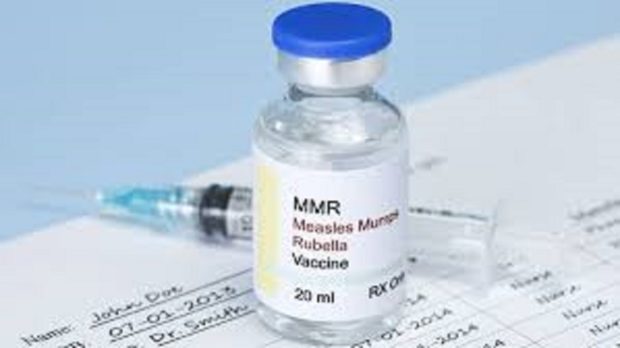Parents have been urged to ensure their children are vaccinated after a sharp spike in mumps cases in Fife.
Shock new figures from NHS Fife have revealed instances of the potentially serious viral infection more than trebled in 2019, from 12 in 2018 to 43 last year.
Mumps usually passes without causing serious damage to a sufferer’s health but it can lead to fertility problems and even viral meningitis if the virus moves into the outer layer of the brain.
Health chiefs in the region are understood to be monitoring the situation closely, although people are being advised to have both doses of the MMR (measles, mumps, and rubella) vaccine to prevent spread.
NHS Fife’s director of public health Dona Milne notes: “The most effective way to protect against mumps is through MMR vaccination.”
News of the rise in cases come just nine months after an apparent outbreak of mumps at St Andrews University which was quickly brought under control.
On that occasion, NHS Fife said it was working closely with the university to promote vaccination and ensure students are protected.
It added the number of cases at the university were “very small” and showed a pattern similar to previous years.
The university also tells prospective students to get the MMR vaccine before arriving as a matter of course.
Uptake of the vaccine was adversely affected by a now discredited report by Andrew Wakefield, published in The Lancet in 1998, linking the vaccine to autism or bowel disease.
Health Protection Scotland said NHS boards continue to experience clusters of mumps mainly in adolescents and young adults, with 853 cases reported in the first quarter of 2020.
That’s already in excess of the 784 laboratory-confirmed cases reported in the whole of 2019.
“Cases in March reflect a reduction in cases in comparison to the first two months of 2020,” it added.
“This trend may be expected to continue to decline as a result of social distancing measures to mitigate the transmission of COVID-19, which may interrupt the transmission of mumps.
“It may also reflect reduction in diagnoses due to reduced attendance at primary care services.”
NHS Tayside has confirmed the pattern of mumps cases there is not giving any cause for concern, as numbers there have fallen from 34 in 2017 and 28 in 2018 to just 26 last year.










